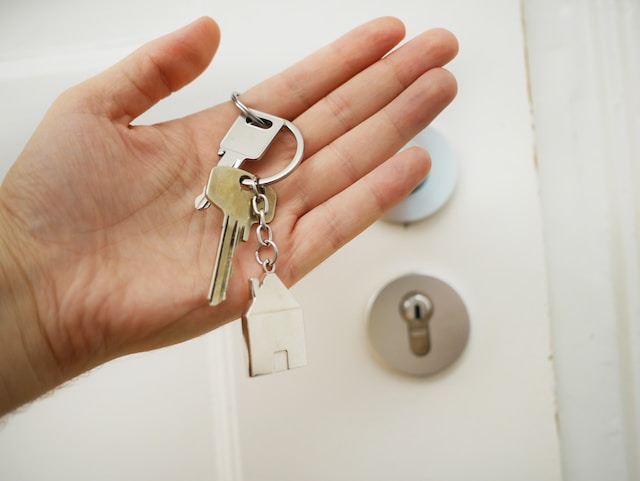FHA loans, backed by the Federal Housing Administration, are a popular choice for first-time Champaign County homebuyers. These mortgages are insured by the FHA and issued by approved lenders. They are specifically designed for low-to-moderate income borrowers.
An FHA loan allows borrowers to borrow up to 96.5% of a home’s value with a down payment of just 3.5% and a credit score of 580 or higher. For a 10% down payment, approval is possible with a credit score between 500 and 579.
When using an FHA loan to finance a home purchase, it is important to note that certain properties may not be eligible if they do not meet the FHA’s minimum property standards. These standards are in place to protect lenders.
Why Minimum Property Standards?
When obtaining a mortgage, the property serves as collateral for the loan. In the event of missed payments, the lender will eventually foreclose on the property and take possession. Subsequently, the lender will sell the house to recover as much of the outstanding loan amount as possible.
When a property meets specific standards, the lender is more protected and the home becomes easier to sell and fetch a higher price. This also benefits the borrower by reducing the likelihood of facing unexpected repair expenses.
FHA Home Appraisals
To obtain an FHA-backed mortgage, the house being purchased must undergo an appraisal that adheres to specific standards. This appraisal is conducted by an impartial third party and provides an estimate of the property’s market value. Almost all mortgages necessitate an appraisal, as it evaluates the loan-to-value ratio.
An FHA appraisal involves two steps: a site visit where the appraiser takes photographs and notes, followed by market research to analyze recently sold comparable homes in the vicinity. This information allows the appraiser to determine an estimated value for the property.
Minimum Property Standards
According to HUD, the FHA has three standards for financing: safety, security, and soundness. Safety ensures the well-being of occupants, while security and soundness address structural integrity.
When purchasing a single-family, detached home, the appraiser utilizes a Uniform Residential Appraisal Report. This form covers essential aspects of the house, such as its construction year and square footage. Additionally, the appraiser must provide a detailed description of the property’s condition, including any necessary repairs or adverse conditions that may affect its livability or structural integrity.
When considering purchasing a condo, it is important to note that the form used is similar to other property types, but there are specific questions related to condos such as the number of owner-occupied units and the common areas. According to the FHA, minor or cosmetic problems do not necessarily need to be repaired. Examples of minor issues include missing handrails, minor plumbing leaks, or worn-out countertops.
Health and Safety Hazards
Some of the things that do need to be repaired for a sale to close include:
- Electrical issues like exposed or frayed wires
- Roofing is not expected to last for at least two more years
- Water heaters that don’t meet local building codes
- Excessive noise
- Construction dampness
- Termite damage
- Asbestos
When buying a home in Champaign-Urbana with potential problems, there are options available. You can ask the seller to make the repairs, or request a lower price if they are unable to do so. However, if the seller is a bank, repairs are unlikely, and you may need to consider finding another property or exploring alternative loan options.
Are you currently looking to purchase a home? My Perfect Homefinder Program is just what you need! I am able to find homes not only listed on the market but unlisted ones as well…giving you the first chance to see and make an offer on what could be the HOME OF YOUR DREAMS! Want to learn more? Call, text or email me at your convenience.
217-202-8843
[email protected]
www.champaignrose.com

